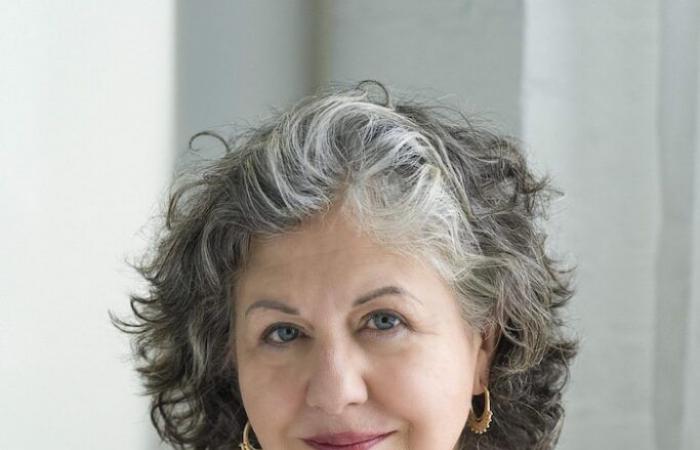
The United States is an increasingly unequal society and the electoral campaign is exacerbating the phenomenon. This is what the professor of sociology at Harvard University, Michèle Lamont, says.
Established in the United States for more than 40 years, she notes that social and economic inequalities are still increasing in the United States, and that the working class is increasingly isolated.
American society is in bad shape.
Life expectancy has declined significantly in recent years, at a time when social inequalities have increased enormously. […] There is an acute mental health crisis among young people and the working class
explains the researcher as part of a major interview carried out by Gérald Fillion for the podcast Question of interest.
Even if it is not at the center of political attention, the issue of inequality is nevertheless present in the American electoral campaign. Michèle Lamont observes in particular that Kamala Harris and Donald Trump are trying to capture the notion of the American dream and promise that they are there for all to have access to
.
The candidates define themselves as defenders of possibility and social advancement. […] The promise of the American dream, the idea that everyone has the right to a decent life, is linked to the idea of combating growing inequality.
For her, it is a speech about inequalities, but without naming the phenomenon.
The sociologist from Toronto who grew up in Quebec, however, is surprised by the lack of mention of the working class in the public interventions of presidential candidates. The expression was replaced, in fact, by middle class
which became a symbol of what Americans have in common
. The marginalization of workers, of blue-collar workers, is very clear in political discourse.
Open in full screen mode
Michèle Lamont, professor of sociology at Harvard University.
Photo: Michèle Lamont
Defender of the working class
When the time comes to capture the workers’ attention, a candidate stands out from the crowd, the professor believes. As he did during the 2016 election campaign, Republican candidate Donald Trump presents himself as the defender of workers, a strategy that has paid off according to Michèle Lamont.
He defines himself as the person who will come to the rescue of workers by limiting the impact of globalization.
The Republicans, she said, are once again trying to seduce the workers into coming to their defense
.
Conversely, the Democrats have, according to her, difficulty getting closer to the working class, who consider the party disconnected from social realities. This conclusion is rooted in a very important political phenomenon in the United States: the divide in diplomas
which divides Americans between the Democratic and Republican parties based on their educational attainment.
So, since they vote more for Democrats, university graduates would ignore the conditions in which workers live
explains Michèle Lamont, a phenomenon which has fueled the political polarization found in the majority of advanced industrial countries
.
This accumulation of transformations is linked to growing income inequalities. […] This is a very distressing situation for those who are not university graduates. There is a growing gap emerging between social classes.
A question of recognition
In his book Seeing Others: How Recognition Works and How It Can Heal a Divided World (See the others: how recognition works and how it can heal a divided world), Michèle Lamont addresses the way in which rural populations feel invisible and ignored by governments and their policies.
She observes that a significant part of the population no longer recognizes themselves in political speeches. Questions of recognition give us an entry point to understanding many of the tensions that exist in contemporary society, issues just as important as income inequality.
The need for dignity exists across all social classes. It is possible to counter the stigmatization of a large part of the population by being more inclusive
believes Michèle Lamont.
Who is Michèle Lamont?
Professor of sociology, Michèle Lamont also holds the Robert I. Goldman Chair of European Studies at Harvard University. After studying in Ottawa and Paris, she continued her postdoctoral studies at Stanford University and worked at the University of Texas and Princeton University.
She is the author of a dozen books, as well as more than a hundred articles on inequality, American culture, racism, stigma and social change.





